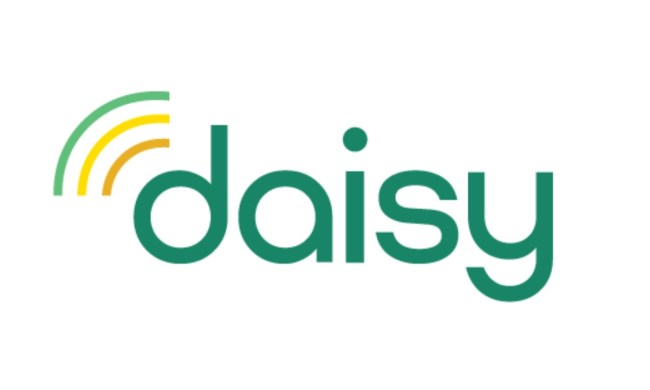Home Depot has announced its own line of smart home products, called Hubspace, as the home improvement giant looks to take its place among the ever-growing number of companies looking to make a mark in the rapidly expanding market. The announcement of a new lineup of budget-priced products is exciting, especially given the number of them – more than 20 products in total – but it also stirs a tinge of worry.
Store-brand products do not have a great track record
Let’s dice into the source of this anxiety with a question. What happens to smart products if they lose all support? They turn into “dumb” accessories. Sometimes unsupported smart products can still be used as normal lights or speakers, but the loss of support often means you are left with a very expensive paperweight. Unfortunately, this isn’t just pessimism – this exact scenario played out with Best Buy’s Insignia brand.
The company shut down support on November 6, 2019. While the smart plugs still worked as plugs and the lights still provided illumination, there was an Insignia-branded smart camera that became a pricy piece of plastic. Best Buy isn’t the only company to shut down support when its products don’t perform as well as expected.

Lowe’s shut down its Iris platform on March 31, 2019. The difference between the Iris shutdown and the Insignia shutdown is that Lowe’s provided refunds to its customers. Best Buy only offered partial refunds, and only for products that had already been connected and registered. If you had an Insignia smart device that hadn’t been hooked up by the deadline, you were out of luck.
With many store-branded smart devices ending support within just a few years of launch, including Home Depot’s biggest competitor, I can’t help but approach the announcement with a healthy amount of skepticism. The new products will enter a market already thick with competition, so fast adoption and continued support from Home Depot will ultimately decide whether the devices succeed or the platform falls flat.
Hubspace is off to a strong start
Despite the obstacles to a new smart home platform entering the market at this time, Hubspace has a lot going for it. The platform is designed with compatibility in mind and integrates seamlessly with Amazon Alexa or Google Assistant. This means you have the option for smart voice control out of the box.
Hubspace is also compatible with both iPhone and Android right away. Some platforms start initially on one or the other, which limits its user base out of the gate. That isn’t the case here. Hubspace lets you pair products through both Bluetooth and Wi-Fi, although it defaults to Wi-Fi control. If you have no connection, Bluetooth will work instead. This means you can control the platform remotely, a key aspect of any effective smart home platform.
Some of the products available at launch include smart LED bulbs, smart recessed lighting, smart LED tape lights, and recessed LED trim. There are also smart ceiling fans and smart plugs. The variety of products sets it apart, especially considering the lack of brand-name products in the overall market. If you’ve ever tried to find a smart ceiling fan, you know how few options are available from brands you recognize.
The same holds true for recessed lighting. It’s not easy to find name-brand (or even smart) recessed lighting, so the fact Home Depot is making it easy to control these lights straight from the Hubspace app is a major win.
Another key element that gives Hubspace a leg up is the ease with which visiting friends and family can connect to your devices. The process isn’t as complex as it is on other platforms and makes controlling smart devices much more approachable even for those that aren’t the most tech-savvy. You can even control multiple homes from the Hubspace app, similar to the way HomeKit works.
The ability to build your own network of smart home devices and control them all from the Home Depot app, as well as through the two major smart assistants, is a great start for this platform. If Hubspace goes on to later include HomeKit compatibility, it will really stand out from those that have come before. It has a tremendous amount of promise, especially with the different device options that come with it.
Limited reach
Despite all of these strengths, I’m still skeptical. Hubspace is trying to grow in an environment where many other platforms have tried and failed, especially those that are store-specific. Home Depot is an American institution, which automatically limits the customer base of these products. Other brand-name smart devices have global reach, like Ikea’s line of smart home devices. I have a lot of hope for Hubspace, but I will reserve judgment until I have the chance to try it for myself.



